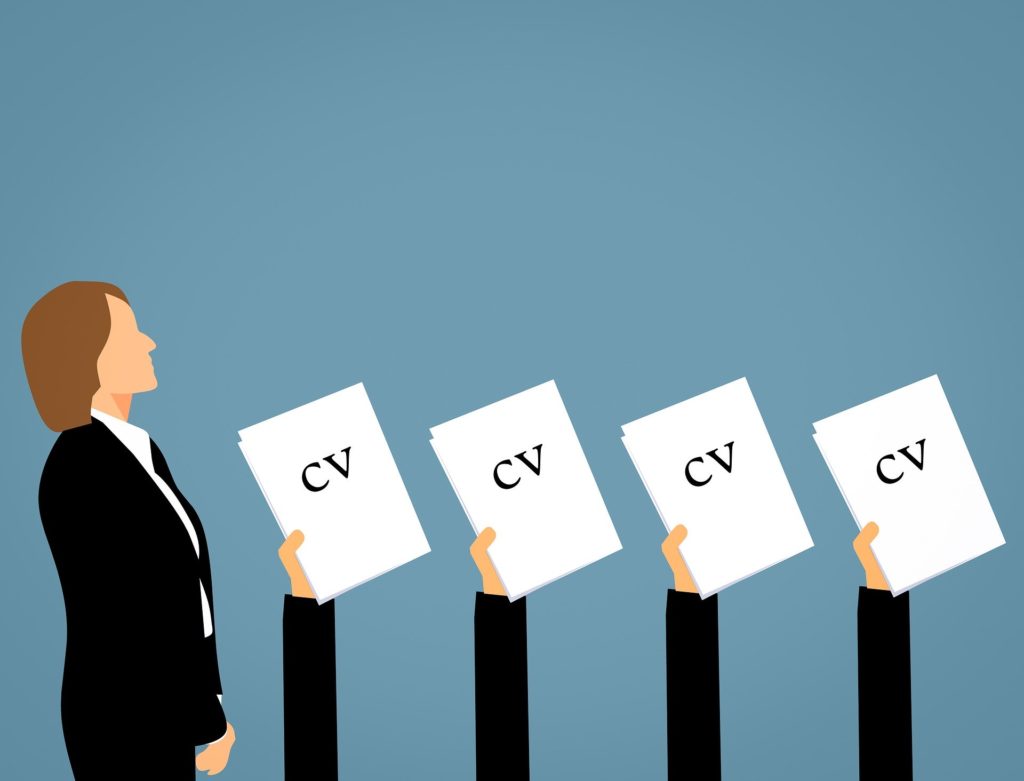Debt is one of the biggest sources of stress that most people face. As such, learning how to live without it can greatly improve your life quality. The good news is that the move to debt-free living can be easy. Take stock of these eight habits of people who’ve learned how to live without amassing or maintaining significant amounts of debt.
- Debt-free people have solid financial plans
People who live without debt tend to have well-defined financial plans. More importantly, they stick to them. Take the time to map out your budget and to establish your short and long-term savings goals. Having a financial plan is far more conducive to managing and avoiding debt than simply winging it, and spending money as you go.
- They don’t use auto pay
Auto-fill and auto-pay features on shopping platforms that you regularly use don’t require you to invest much thought into your spending. Turning these settings off will give you more time to consider your purchase decisions and to determine whether or not they’re worthwhile. You’ll have to think about the amount of cash that you’re actually parting with once you stop hitting the “buy now” button.
- Look for activities and entertainment that don’t require you to spend
A surprising amount what people earn often winds up being spent on food and entertainment. Although your budget should always include money that you pay to yourself, and that you use for your own pleasure and enjoyment, choosing activities that don’t require money can save you significant amounts of cash over time. Schedule hikes with your friends or go bike riding. Borrow movies and books from your local library, or spend your free time teaching yourself how to paint, play the guitar, or learn a new language. Far cheaper than endless trips to local restaurants or the movie theater, many free activities can also be incredibly rewarding.
- Pay your credit card as you go
One easy way to avoid spending more money than you actually have is by paying your credit card as you go. This strategy will allow you to build your purchasing power without ever putting yourself at risk of delinquency. On the very same day that any credit card charge is made, transfer money from your checking account to zero out the resulting balance.
- Establish an emergency fund
Even with diligent planning and concerted efforts to become debt-free, you can still wind up spending beyond your means if you aren’t prepared for the unexpected. Having monies set aside that are allocated specifically for urgent and unplanned developments or events is important. If your car breaks down or if you need to have a tooth crown replaced, you can use this cash rather than charging the costs to your credit card.
- Don’t raise your original budget
If you get a promotion, a raise, or a supplementary gig, don’t automatically raise your budget. Although you’ve got more money to spend, these extra earnings will benefit you more if they’re either saved or used to pay more of your existing debt down. Using extra cash to close out credit accounts will help you get debt-free faster. Saving additional money will enable you to stay this way.
- Automate your savings plan
While debt-free consumers don’t usually use auto-fill or auto-pay services, they regularly put automatic savings tools to use. With this feature, your planned savings amount and retirement monies can be automatically deducted and set aside. This is something that you can set up with your bank or by using a mobile phone savings app.
- Postpone purchasing decisions
Give yourself a few days to mull purchasing decisions over before finalizing them. This is especially important to do if you have a history of impulse buying. Waiting will give you the chance to look for lower prices and to decide whether or not you actually need the product you’re considering at all.
With the right habits, you can create a debt-free, stress-free life. Although saving money and curbing your spending require self-discipline, the pay-offs are well-worth the effort. You’ll have a bigger cushion against the unexpected, and you’ll have a sure path to reaching your financial goals.








